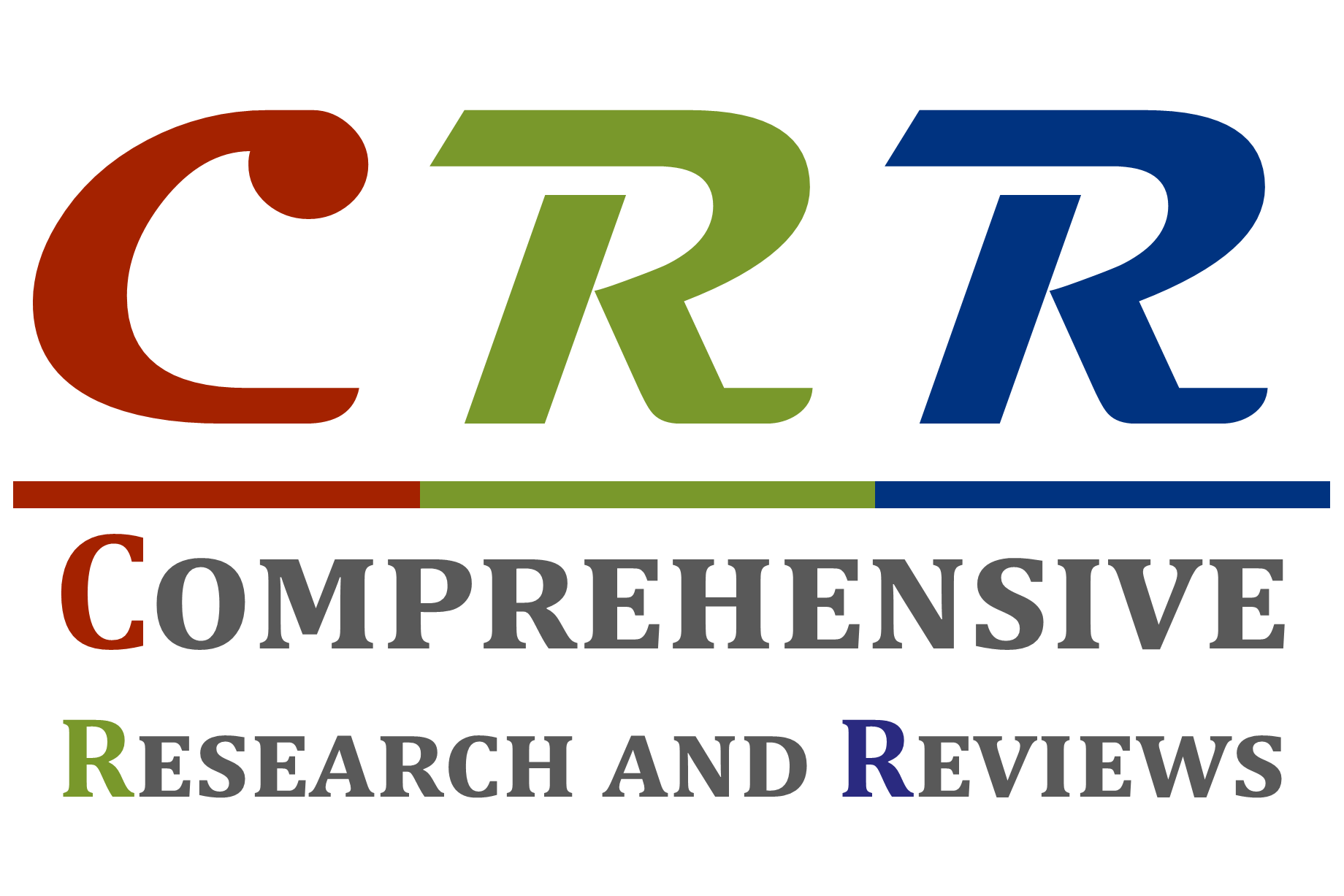Advanced Building Information Modeling (BIM) for affordable housing projects: Enhancing design efficiency and cost management
1 Coupons Retail Ltd, Lagos. Nigeria.
2 Independent Researcher, Washington DC, USA.
3 Arkifill Resources Limited, Portharcourt, Rivers State Nigeria.
4 Independent Researcher, Delta State, Nigeria.
5 Department of Architecture, Enugu State University of Science and Technology, Nigeria.
Review
Comprehensive Research and Reviews in Science and Technology, 2024, 02(01), 001–009.
Article DOI: 10.57219/crrst.2024.2.1.0029
Publication history:
Received on 03 August 2024; revised on 11 September 2024; accepted on 13 September 2024
Abstract:
This review paper explores the significant role of Building Information Modeling (BIM) in enhancing design efficiency and cost management in affordable housing projects. By integrating BIM into the early stages of design, developers can achieve greater accuracy in cost estimation, reduce design errors, and improve stakeholder coordination. Through a theoretical framework and analysis of case studies, the paper demonstrates how BIM contributes to streamlined construction processes, resulting in substantial cost savings and higher-quality outcomes. The broader implications of BIM adoption in the affordable housing sector are discussed, particularly regarding sustainability and long-term affordability. The paper also identifies future research directions, including the potential integration of BIM with emerging technologies such as artificial intelligence (AI) and the Internet of Things (IoT), to further enhance the efficiency and sustainability of affordable housing projects.
Keywords:
Building Information Modeling (BIM); Affordable Housing; Design Efficiency; Cost Management; Sustainable Construction
Full text article in PDF:
Copyright information:
Copyright © 2021 Author(s) retain the copyright of this article. This article is published under the terms of the Creative Commons Attribution Liscense 4.0
